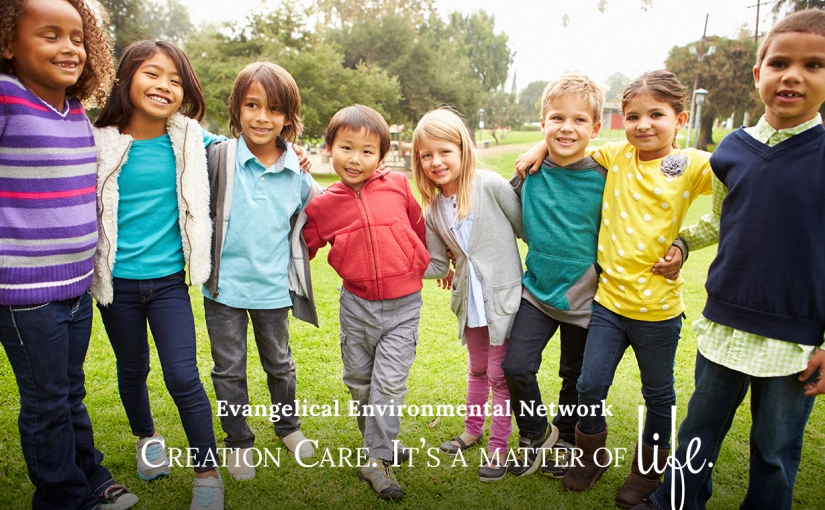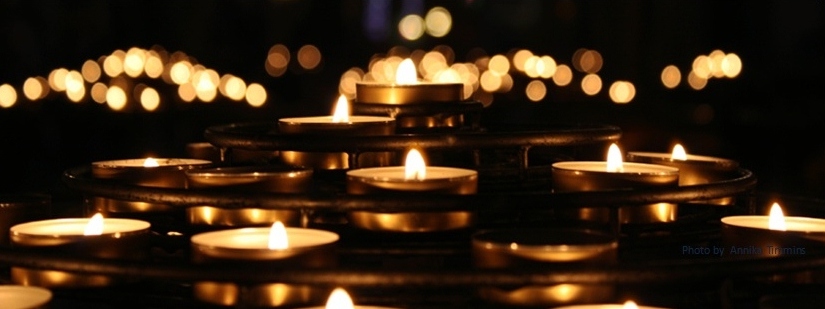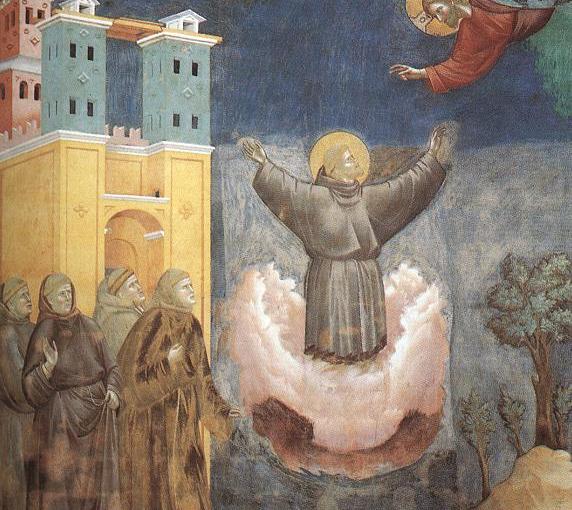by Alexei Laushkin
The sacrifices of God are a broken spirit; a broken and contrite heart, O God, you will not despise (Psalm 51:17).
Laudato Si’ is about climate change, about the environment, and about our culture. The temperament of mankind is manifesting itself in profound brokenness and alienation as evidenced by abortion and how we tend not to esteem marriage, the well being of all children, our elderly, and certainly a whole host of vulnerable peoples. These are issues that the scriptures themselves would take us to task over, especially given that some of the main drivers of global influence and culture are coming from nations that in some way lay claim to Christian heritage, or even if they don’t at present have certainly been heavily influenced by Christianity. Even in our land, the United States we dare not forget the work of God through many people within our midst.
So what sort of life and faith is necessary for these times? Here’s Laudato Si’ addressing a portion of that question:
We are convinced that ‘man is the source, the focus and the aim of all economic and social life’.[100] Nonetheless, once our human capacity for contemplation and reverence is impaired, it becomes easy for the meaning of work to be misunderstood.[101]We need to remember that men and women have ‘the capacity to improve their lot, to further their moral growth and to develop their spiritual endowments.’ [102]Work should be the setting for this rich personal growth, where many aspects of life enter into play: creativity, planning for the future, developing our talents, living out our values, relating to others, giving glory to God (127).
Our capacity for contemplation and reverence is impaired, our spiritual vision has narrowed. In the words of scripture:
For this very reason, make every effort to add to your faith goodness; and to goodness, knowledge; and to knowledge, self-control; and to self-control, perseverance; and to perseverance, godliness; and to godliness, mutual affection; and to mutual affection, love. For if you possess these qualities in increasing measure, they will keep you from being ineffective and unproductive in your knowledge of our Lord Jesus Christ. But whoever does not have them is nearsighted and blind, forgetting that they have been cleansed from their past sins.
Therefore, my brothers and sisters, make every effort to confirm your calling and election. For if you do these things, you will never stumble, and you will receive a rich welcome into the eternal kingdom of our Lord and Savior Jesus Christ (2 Peter 1:5-11)
We have become near sighted in our faith. We have very much lost the divine love that ought to animate our works of mission and our care for one another not to mention our family life and our life with those we are closest with. Not love of abstract ideas or zeal for salvation without transformation, but real rooted and anchored love that banishes sin from our lives and brings us into a holiness and wholeness of life. The sort of faith that in the words of Laudato Si’: “[that dares] to turn what is happening to the world into our own personal suffering and thus to discover what each of us can do about it” (19).
So what do we do to return to a life of praise? What can we learn from the examples of St. Sergius of Radonezh, St. Seraphim of Sarov, St. Francis of Assisi, or even Brother William J. Seymour of the Azusa Street Revival. Divine love was made manifest and so real in each of their lives that creation itself changed. The grace of God was so real and present and holiness so manifest that they each showed us the way to be Christ in their time and place.
Think of what happened in Los Angeles in April 1906 almost 100 years ago. America was still going to go through Civil Rights and years of needing to work through the sins of racism and indifference of other kinds of people that still plagues us to this day. And yet the Lord broke down barriers and brought heavenly unity, a foretaste of what Martin Luther King Jr. saw in hisI Have a Dream speech. A reality not brought about by legislation or clever ways to curb sin, but a radical heart transformation that allowed what was true in heaven to be true on earth.
Think of what happened with St. Seraphim of Sarov. On the eve of the great wickedness that would break out in Russia in the 20th century, the Lord sent this living example of humility, faith, and holiness to strengthen the church and God’s people for the times ahead. This account by Nicholas Motovilov is well worth the time.
Think of what happened with St. Francis of Assisi who was bothered and grieved by what he saw around him in his time, that the Lord used that and his purity of heart to bring something totally new back into the life of the church.
The example of being radical for Christ is at heart of these great saints and this is just a sampling of what God has done through many kinds of people and movements of his people to bring a sense of restoration and wholeness to times of crisis.
Let us not be self-deceived, we are in a time of crisis. The crisis as of yet is not manifesting itself in the same violence of the 20th century, but the crisis in some ways is more severe because the doors and clear teaching on how to become fully Christ like are quickly closing or vanishing from the earth. Think of what is happening to ancient Christian communities around the world, let alone the sort of veiled gospel that is too often preached in this land. We are failing to remember what it means to be God’s people and without that the gates of hell won’t be too far behind. Even today we are seeing the first fruits of this distancing from God in our midst. It is possible that as man tries to live further and further apart from God and each other that the worst days of human nature are just ahead, manifested in an imperial narcissism and indifference to the suffering and frailty that we all experience apart from God.
If we don’t know where we are in our cultural moment we can’t possibly rouse ourselves enough to wake up and turn. To repent and grieve to what’s become of the pursuit of God in each of our own personal lives and than more broadly in the lives around us. This is not for a form of arrogance, as the scripture rightly reminds us we need to look to the sin and log in our own eyes before we attend to our neighbors. But as we look, we ought to grieve, we ought to lament and cleanse ourselves of our own deep defilement before God.
Once we have repented, our eyes can more clearly see what is right around us, and we begin to take steps through small acts of justice and wholeness beginning with our families and than working outwards to our communities.
God has not abandoned us, but we must turn and strive with all our might to achieve another, more heavenly quality of life. That’s what I see as being essential for Laudato Si’ to take hold in the life of the church. We need to be reminded as Pope Francis himself is embodying, mainly what Christ looks like when he is fully present in our lives. What sort of generosity of spirit should characterize our living and being, and than with what patience and creativity we can than use for the life of the world and the life of God’s people and indeed all people on the face of the earth.
Come Lord Jesus, do a work in us that is necessary for the times we face.
Alexei Laushkin is the Vice-President of the Evangelical Environmental Network



